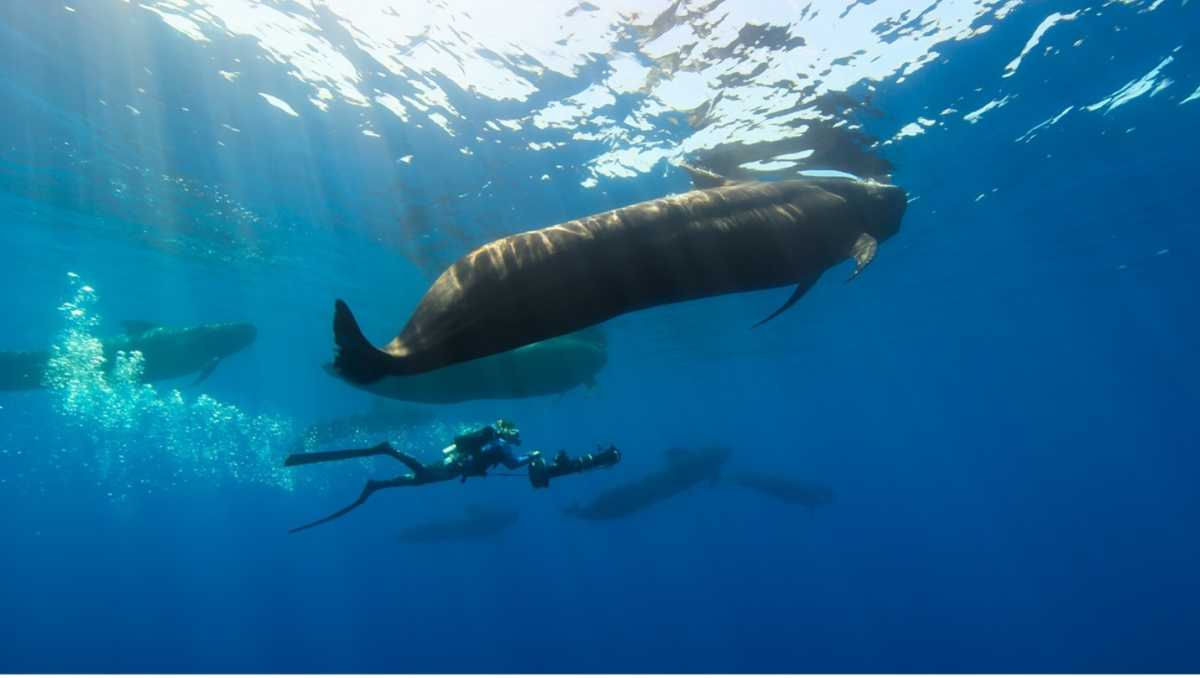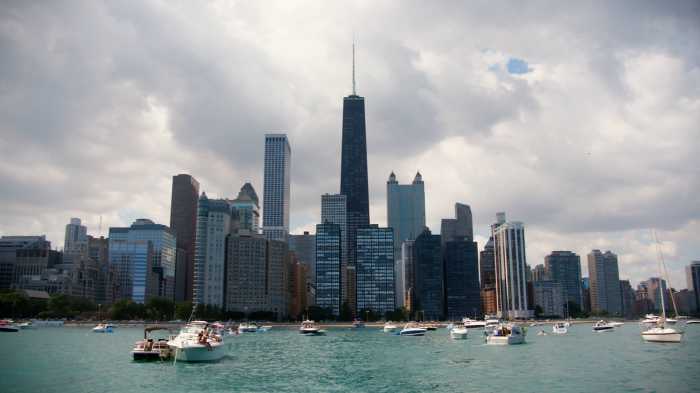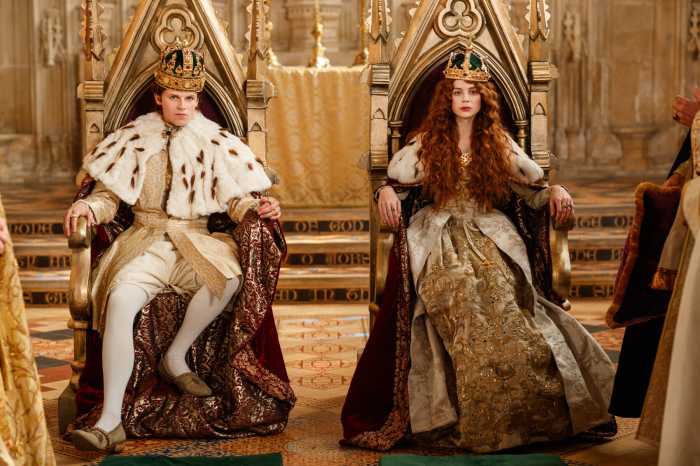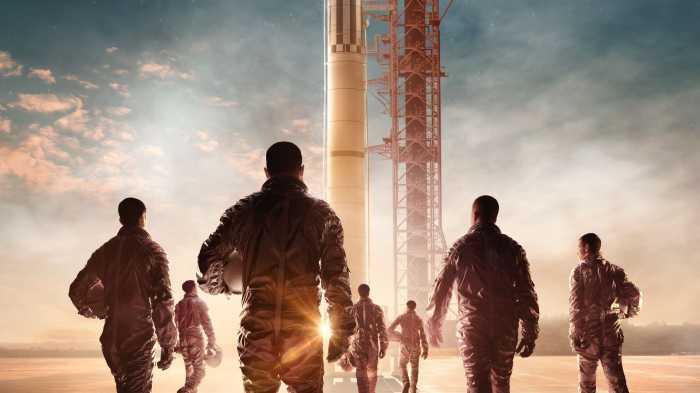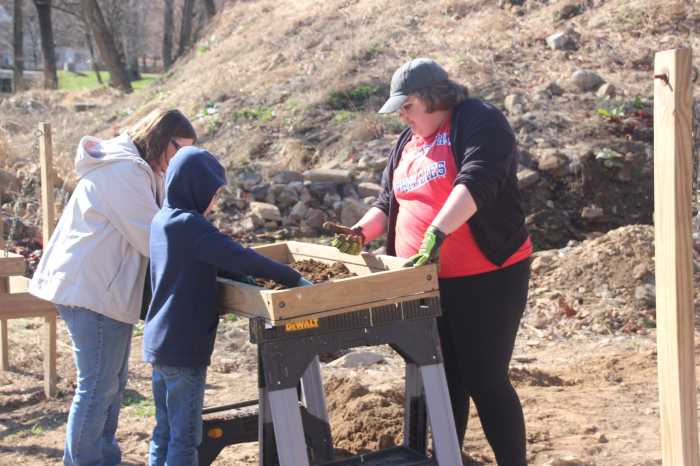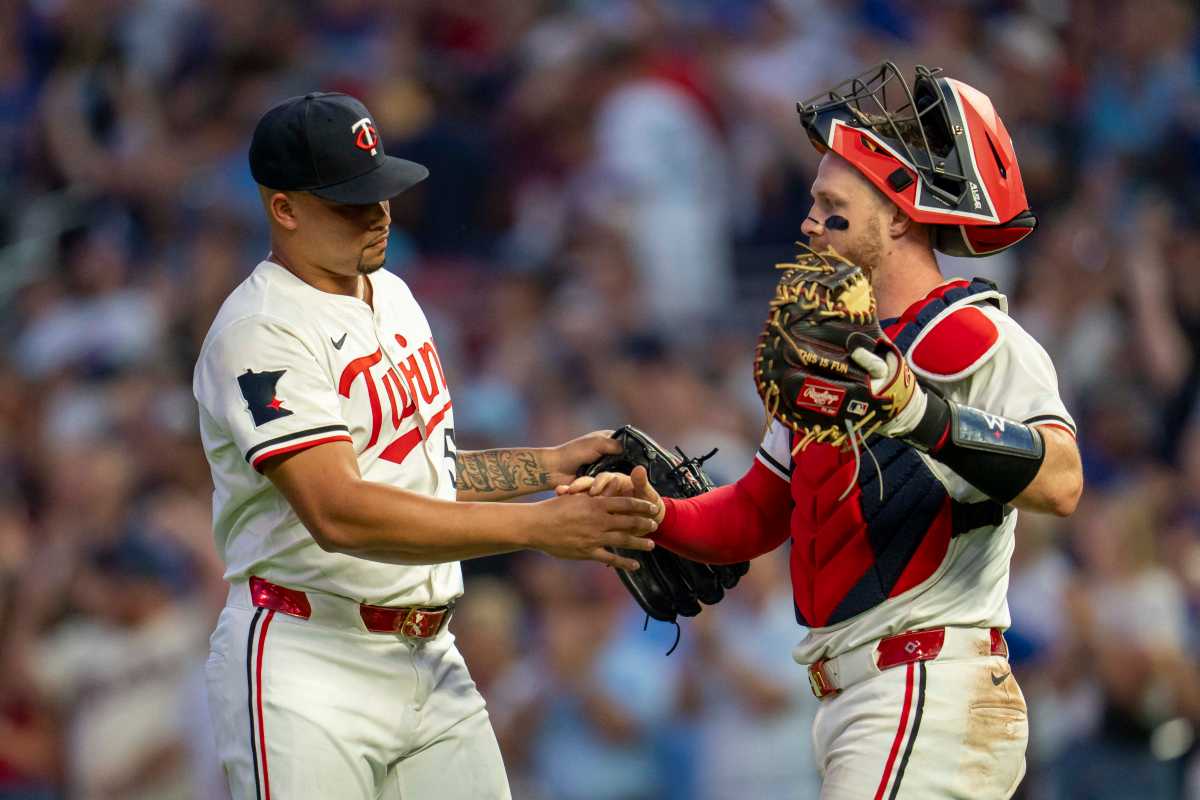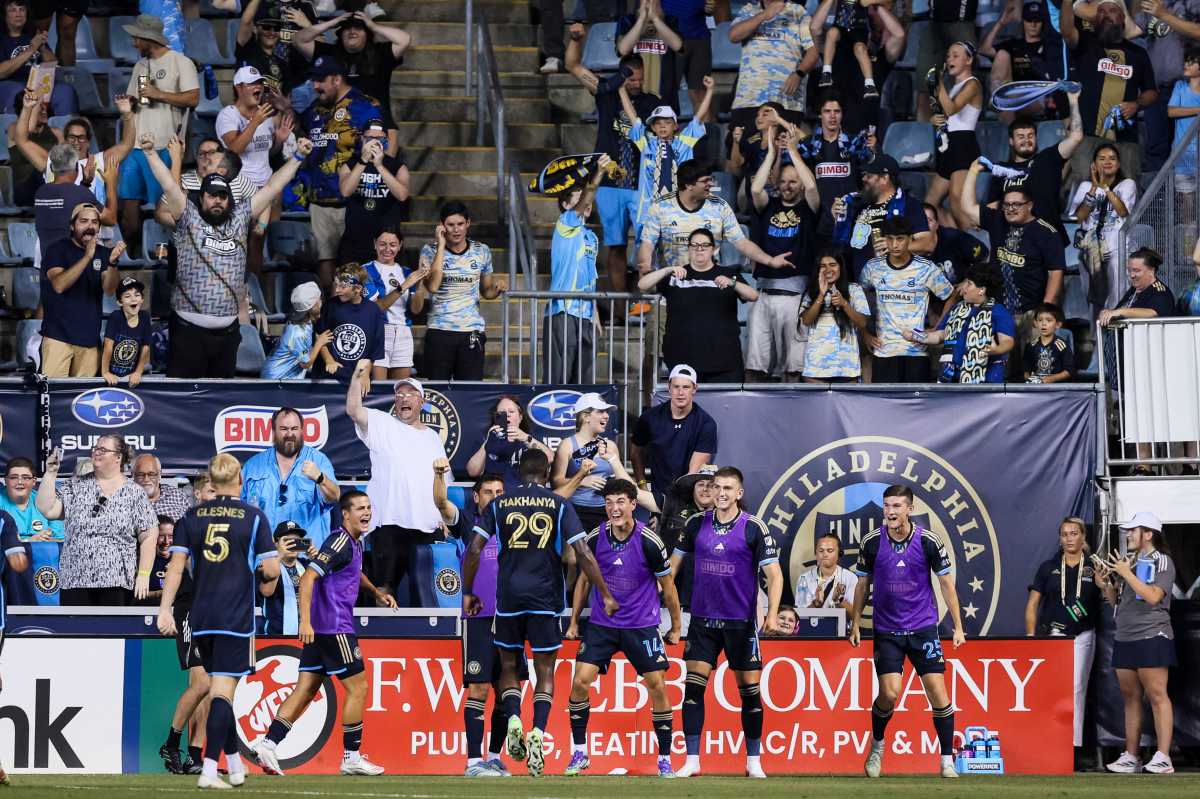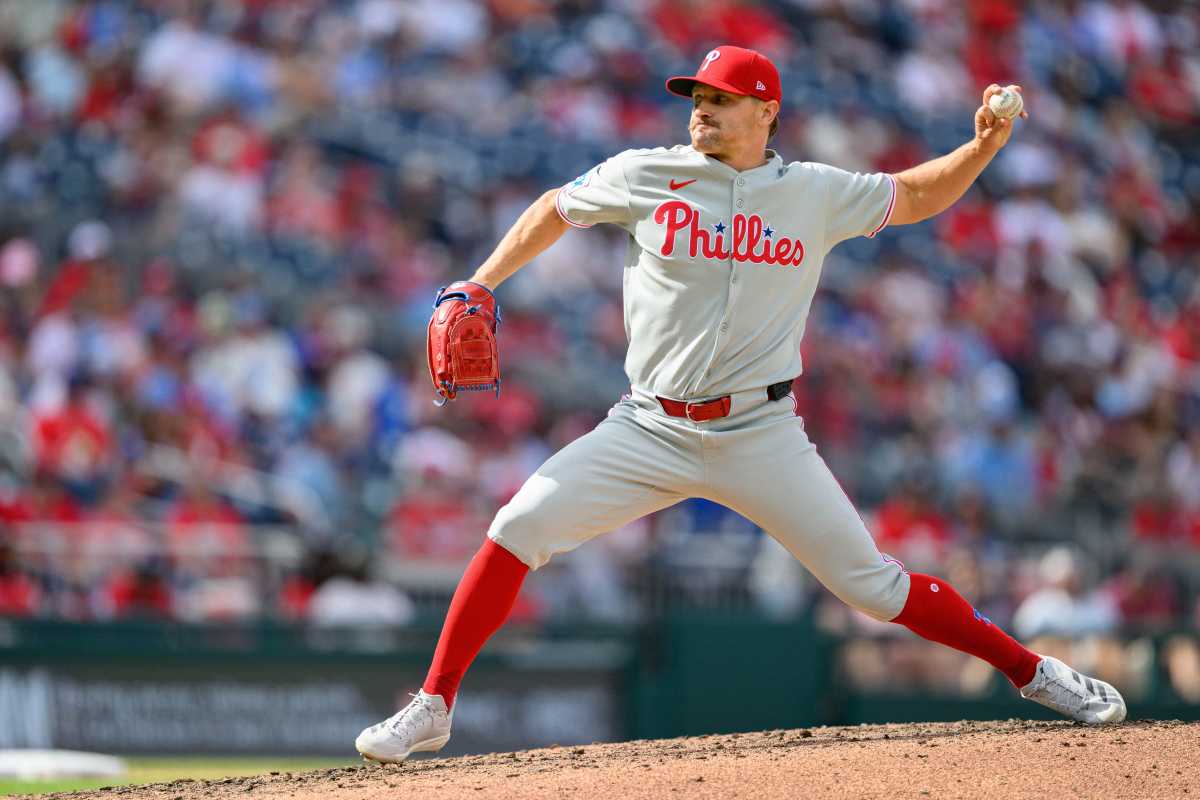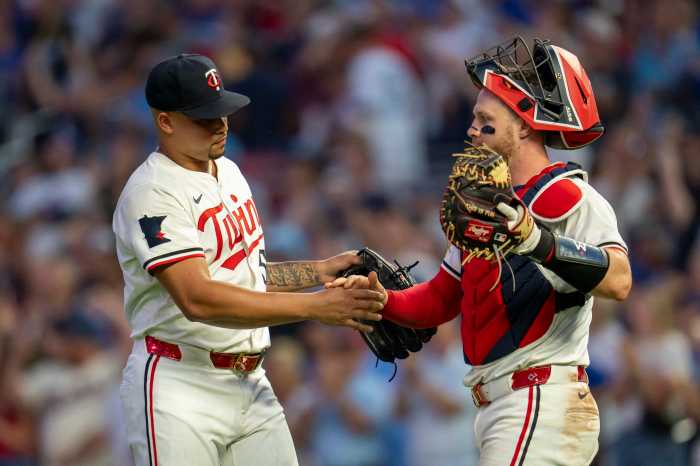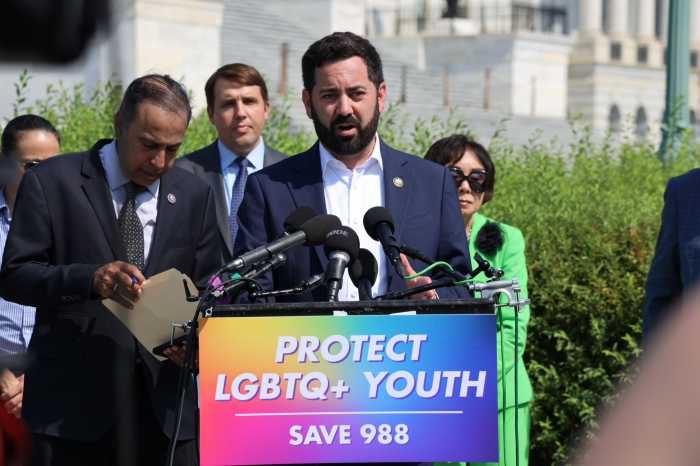Growing up in a coastal town in England, Bertie Gregory first fell in love with nature while spending most of his days in the water. In his words, every time he went off an adventure in nature, he felt like it opened a window into another world. That realization grew to become a passion for sharing that experience with the rest of the globe, and shortly after that, the passion grew into winning photography competitions and eventually landing a role as WILDLIFE photojournalist Steve Winter’s assistant for National Geographic.
Throughout his time with Winter and Nat Geo, Gregory was able to expand his photo career to film, and since then has shot documentaries for Nat Geo WILD and BBC Planet Earth—and this was all before his 24th birthday.
After recently shooting another web series in South Georgia, the filmmaker’s latest series is actually set to hit screens next fall through Disney+. ‘Epic Adventures with Bertie Gregory’ will span 5 episodes, and not only show the wildlife unfolding on our planet, but also, how these wildlife shows are actually made behind the scenes. To tie it all up, the series also aims to highlight the state of the natural world, and not just the deteriorating aspects, but also the positive viewpoints that show that everything we need to heal is already here.
Bertie Gregory sat down to discuss more on his career and future projects.
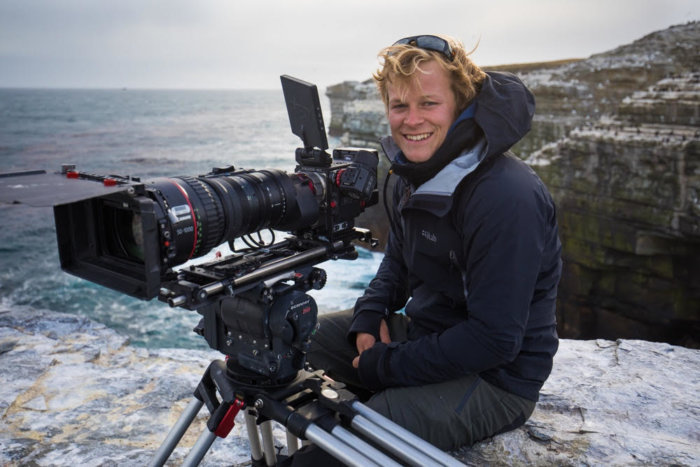
What can you tell me about your time with Steve Winter?
I grew up watching wildlife documentaries, so even though I was interested in photography and that was how I started, my ultimate goal was always to make wildlife films rather than photography. Steve allowed me to explore that. As an assistant, my job is to make sure that his cameras run —he’s a camera trap specialist, which is super technical. So that was my main job. But aside from that, most camera assistants for National Geographic Magazine take still photographs, whereas I said: I don’t want to shoot stills, I want to shoot videos. It was great because it was complimentary to Steve’s work having video and stills beside each other. National Geographic Channel saw that we were going on these assignments and I was shooting video, so they commissioned a show about Steve working on his National Geographic assignments as a photographer. We had a producer come out for one of the shoots to help with the filming, and they occasionally pointed the camera at me and asked what I thought and what I was doing. They went back to National Geographic and said, well Bertie is actually really good at this…you should think about getting him a show. I ended up getting a show with them, and that was the beginning [for me.]
What are some of the differences for you between photographing wildlife and filming it?
Obviously having a technical ability with the camera is important, but ultimately your knowledge and ability with wildlife is so much more important. You can be the best camera person in the world but if you can’t get in the right place without spooking an animal, you’re done. With photos and videos, it’s the same in terms of the wildlife bit… you just have to learn how to get close to animals without disturbing them and try and predict their behavior. [However,] stills on the one hand are really, really challenging because you’re trying to capture everything in a single frame. Video, you have a bit more time to sort of build that story. That said, I think the reason video is potentially more challenging is because you’re never finished, you’re always assembling these building blocks to make your stories. With video, there’s always another little piece of the jigsaw that you can put together. With pictures you need that one moment, but with videos, it’s the thrill of the chase of the story. You have to build your characters and get to know them intimately so that when they do end up clashing, the viewer is invested in one of the sides. It’s a totally different mindset.
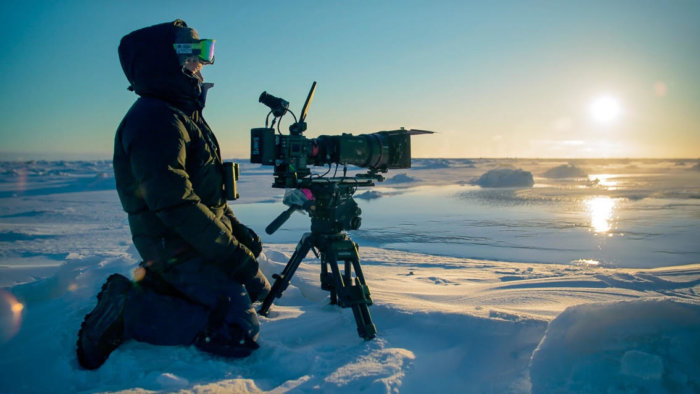
What can audiences expect from your Disney+ series, ‘Epic Adventures’?
I’ve been lucky enough to work on the BBC Landmark natural history series, and with [the series,] there’s always 50 mins of wildlife and then the last ten minutes of the episode they show you the behind the scenes of how they did it. And no matter how hard I try, every time I talk to my family about these shows, they always say the last ten minutes is their favorite. We spend all this time and effort on the first 50 minutes and then the last ten minutes is sort of cobbled together and shot in a rush…so, I thought if that’s what people really enjoy and they like seeing human interactions with the environment, then why not have that be the show? That was really where the idea came about. It’s sort of a wildlife, adventure hybrid series.
We are taking the best people in the world with the best camera equipment in the world and we are going big for just as much time as they need. We film the adventure really properly, and we have a team whose entire job is just to film it. And what I really care about, as much as we’re making sure we’re getting people excited about the natural world, is that we’re making them aware of the problems that these animals face too. And also the good news stories, because I think if you watch the news at the moment you’d find quite quickly that the natural world is in big trouble, which it is, but, there are lots of good news stories and we celebrate those in these episodes. We get to tell these really ambitious wildlife behavior stories, show the adventure, and set all of that within a bigger environmental context. I think it’s really exciting, and I don’t think there’s another format like that.
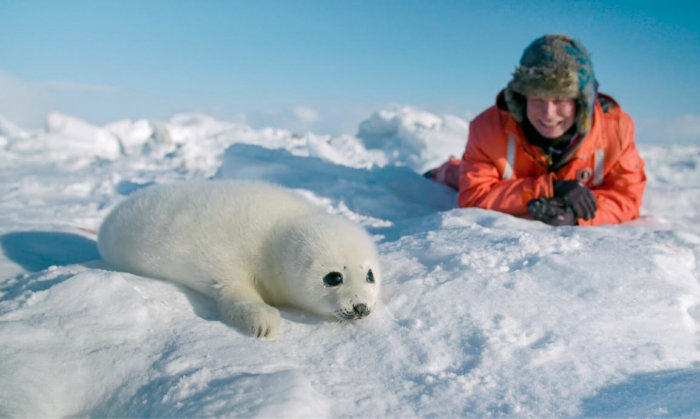
What do you hope people take away from ‘Epic Adventures?’
On a personal level, I’ve had some incredible wildlife encounters, but the ones on this series have just been on another level from anything I’ve seen before. I hope people come away going wildlife is nuts, it’s just insane, and how lucky are we that we live in a world like this? And also, that they come away going okay, it’s in trouble but look at all of the people who are already doing cool things to look after the planet. There’s evidence that if you look after wildlife and protect it, then it will come back on an unbelievable scale. There’s no better example on Earth then in our Antarctica episode. It’s easy to get down and depressed about the state of the natural world, and I hope this series shows how it’s worth looking after—but also that there’s hope.
To learn more about Bertie Gregory, visit bertiegregory.com



